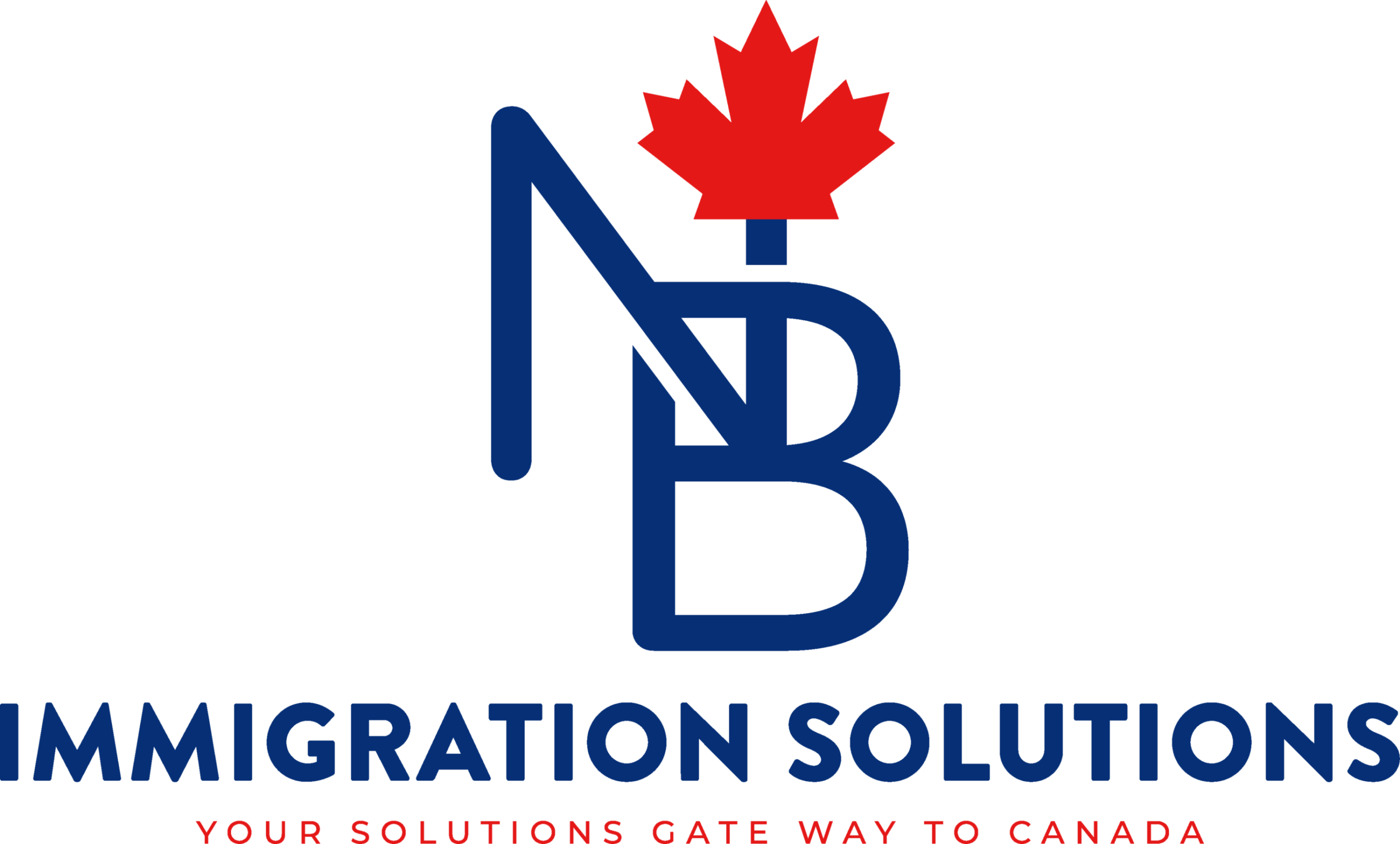
Stay in Canada as a Visitor
Canada welcomes millions of temporary residents each year. A Visitor’s Visa, otherwise known as a tourist visa, is required for those applicants who want to enter Canada on a temporary basis. There are two types of Visitor’s Visas, including one for single entry and another for multiple entry use.
Single entry visas may be issued up to six months before the expected date of travel and are granted for a period of up to 6 months. The maximum validity date for multiple entry visitor visas is up to ten (10) years or one month prior to the expiry date on the passport/re-entry visa, whichever is earlier.
Individuals will require permission to enter Canada as a visitor and will require either a Temporary Resident Visa (TRV) or an eTA (electronic Travel Authorization), unless they are US Citizens.
As a general rule, visitors are able to stay in Canada for a period of up to 6 months, while students and foreign workers can stay for varying periods of time depending on the reasoning. There is always the possibility of extending the stay.
People from many countries do not require a visa to visit Canada. You must check whether your country is exempt from this legislation.
Find out what documents you need to travel, visit family and friends in Canada, and how to extend your stay. Requirements differ depending on the country you will be coming from and where you currently reside. Message us today, if you are interested in pursuing this avenue of entering Canada.
Frequently Asked Questions
Here are a few things you may be wondering about.
How long can I stay in Canada as a visitor?
Most visitors can stay for up to 6 months in Canada.
If you’re allowed to enter Canada, the border services officer may allow you to stay for less or more than 6 months.
- If so, they’ll put the date you need to leave by in your passport. They might also give you a document.
- If you don’t get a stamp in your passport, you can stay for 6 months from the day you entered Canada or until your passport expires, whichever comes first.
- If you need a stamp, you can ask a border services officer for one. If you arrive at an airport that uses primary inspection kiosks, ask the border services officer after you finish at the kiosk.
If you want to stay longer than your authorized stay, you should apply for an extension at least 30 days before the authorized end of your stay.
The above has been extracted from IRCC’s website at https://www.cic.gc.ca/english/helpcentre/answer.asp?qnum=1016&top=16
What is the difference between a single and a multiple entry visa?
The main difference between these two visa types is that a single entry visa allows entry to Canada for one-time onlyand a multiple entry visa allows entry many times.
Which type of visa to get
You don’t need to choose. A multiple entry visa is what all visa applicants are automatically considered for. IRCC will review your application and issue you a visa depending on your situation.
Multiple entry visa
While valid, a multiple entry visa will let you travel to Canada for six months at a time as many times as you want. It will be valid for up to 10 years or one month before your passport expires, whichever is shorter. You must arrive in Canada on or before the expiry date on your visa.
Single entry visa
A single entry visa lets you travel to Canada only one time. For instance, you may only be eligible for a single entry visa if:
- you are eligible for a fee-exemption and the purpose of your entry to Canada is limited (such as, for an official visit by a foreign national)
- you are taking part in a one-time special event in Canada
- there are approved country-specific procedures or guidelines in place.
In most cases, once you have left Canada, you will need a new visa to enter Canada again.
You won’t need a new visitor visa to return to Canada if you are travelling directly to the United States (including its Territories and Possessions) or St. Pierre and Miquelon.
The above has been extracted from IRCC’s website at https://www.cic.gc.ca/english/helpcentre/answer.asp?qnum=1016&top=16
I am travelling with my minor child without my spouse. What documents must I present?
You must present the following documents:
- A copy of the child’s birth certificate
- A letter of authorization signed by the parent who is not travelling, containing their address and telephone number, in English or French if possible, and
- A photocopy of the non-accompanying parent’s signed passport or national identity card
If the parents are separated or divorced, and share custody of the child, the parent travelling with the child should carry copies of the legal custody documents.
If the parents are separated or divorced and one of them has sole custody of the child, the letter of authorization may be signed by that parent only and they should bring a copy of the custody papers.
If one of the child’s parents is deceased, the travelling parent should bring a copy of the death certificate.
For more information, see Minor children travelling to Canada.
The above has been extracted from IRCC’s website at https://www.cic.gc.ca/english/helpcentre/answer.asp?qnum=1022&top=16
